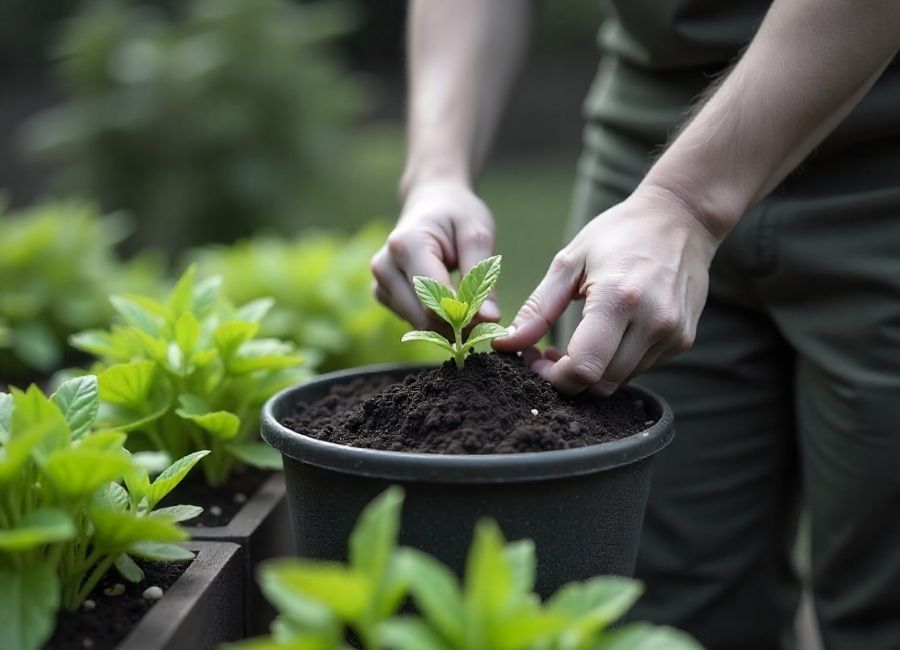Fertilizer is a garden’s best friend, providing essential nutrients for lush lawns, productive vegetable beds, and vibrant flowers. But have you ever glanced at that half-used bag of fertilizer in your shed and wondered, “Does this stuff expire?” It’s a common question posed by home gardeners, lawn care enthusiasts, and even agriculture students.
The simple answer? Fertilizer doesn’t exactly expire, but its effectiveness can change over time depending on its type and how it’s stored. With proper knowledge, you can ensure every ounce of your fertilizer works its magic.
This blog will break down everything you need to know about fertilizer longevity—including factors that influence its shelf life, tips for proper storage, and how to tell if it’s still usable.
What Is Fertilizer, and Why Does Its Longevity Matter?
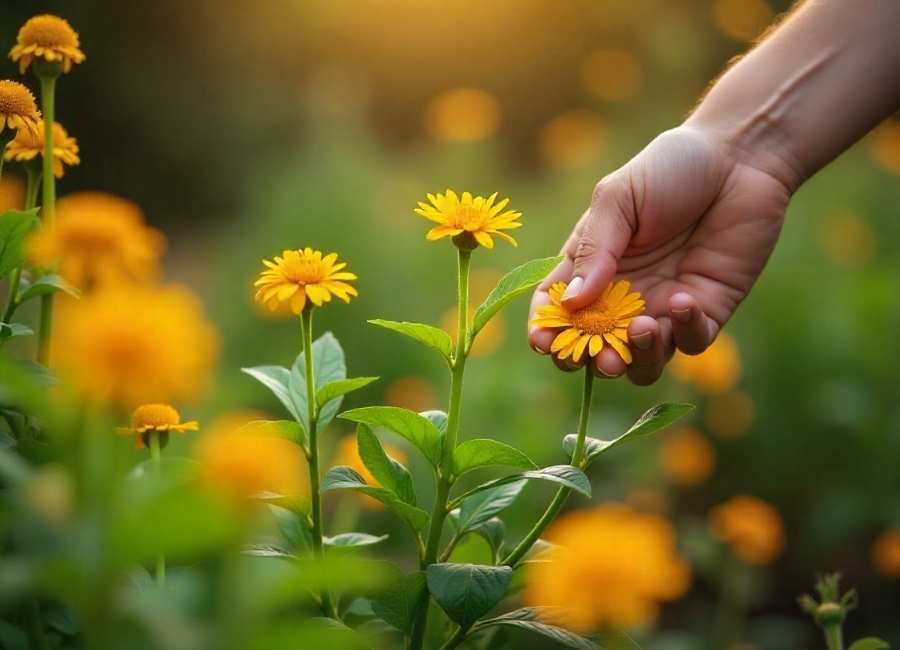
Fertilizer is made up of nutrients like nitrogen (N), phosphorus (P), and potassium (K), often referred to as NPK. These elements help plants grow strong roots, develop foliage, and produce fruits and flowers. Fertilizers come in different forms, including granular, liquid, and organic, and each has unique characteristics that affect its longevity.
Understanding whether your fertilizer is still effective is key for a few reasons:
- Ineffective fertilizer means wasted money and poor plant performance.
- Using degraded fertilizer can potentially harm plants by altering soil chemistry.
- Proper storage ensures you don’t contribute unnecessary waste to the environment.
Does Fertilizer Expire?
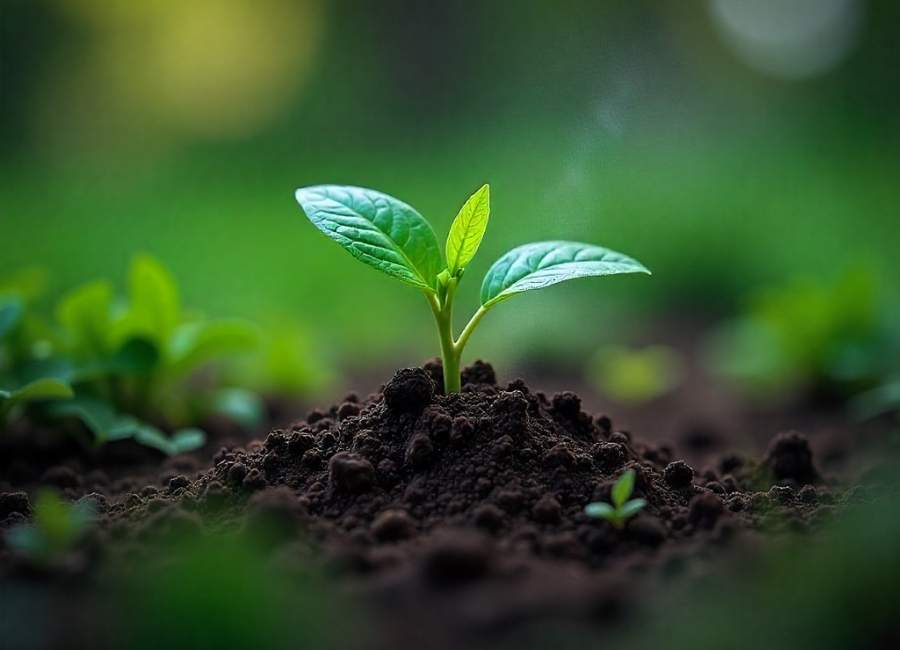
As a general rule, most types of fertilizer don’t “expire” in the traditional sense. They won’t spoil or rot like food. However, they can lose their effectiveness or become harder to use over time due to physical or chemical changes. Here’s how shelf life varies by fertilizer type:
Granular Fertilizers
Granular fertilizers are dry and typically have an indefinite shelf life if stored properly. Because they don’t absorb moisture easily, their chemical composition tends to remain stable over time. However, if exposed to excessive humidity, the granules can clump together, making them difficult to spread evenly.
How to Tell If Granular Fertilizer Is Usable:
- Check for clumping. While clumps can often be broken apart, hardened chunks may not dissolve properly in soil.
- Look at storage conditions. If the bag has been left open or stored in a damp area, there’s a chance the fertilizer has partially dissolved.
Liquid Fertilizers
Liquid fertilizers, particularly water-based varieties, have a shorter shelf life than granular ones. Over time, the nutrients in the liquid can settle at the bottom or separate, making it less effective. Some liquid fertilizers contain preservatives to counteract this, but they still shouldn’t be stored for more than 2–3 years.
How to Tell If Liquid Fertilizer Still Works:
- Shake the container. If the solution mixes easily, it’s likely still effective.
- Look for changes in appearance. If the fertilizer has thickened, smells strange, or has mold, it’s best to discard it.
Organic Fertilizers
Organic fertilizers made from natural ingredients like compost, manure, or bone meal can degrade over time. Their shelf life largely depends on their moisture content and storage conditions. For example, a dried organic fertilizer may last several years, while moist, composted products may degrade quicker.
Key Storage Tip:
Keep organic fertilizers in airtight containers to prevent them from absorbing too much moisture or attracting pests.
Factors Affecting Fertilizer Shelf Life
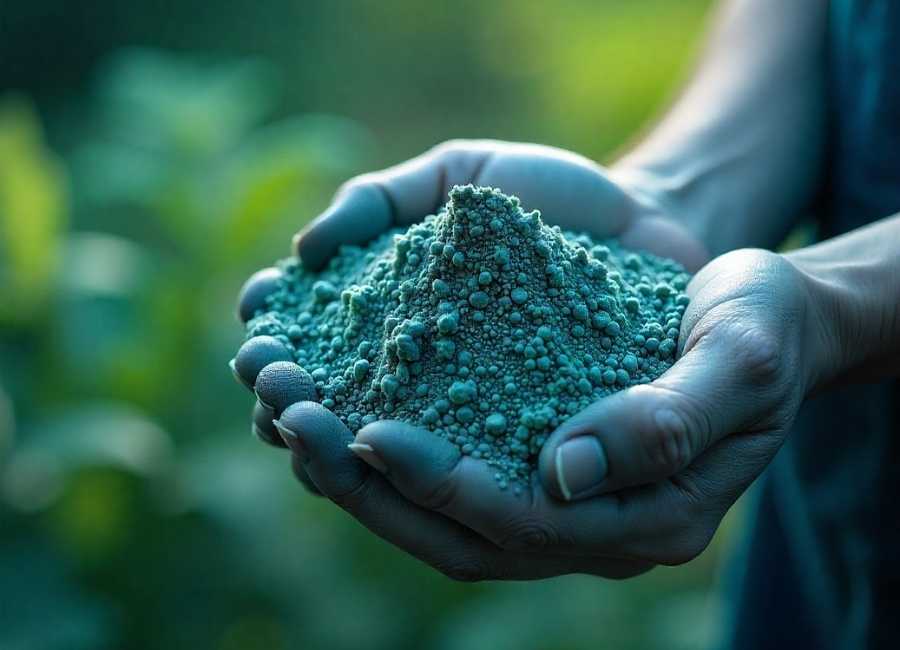
Several factors play a role in how long fertilizer remains effective. By controlling these variables, you can extend the shelf life of your fertilizer and ensure consistent results in your garden.
1. Moisture Exposure
Humidity is the number one enemy of fertilizer, especially granular types. Moisture can cause granules to clump and dissolve prematurely, reducing their effectiveness.
Tip: Store fertilizer in a dry, climate-controlled area. Consider using sealable, moisture-resistant bins for extra protection.
2. Temperature Fluctuations
Extreme heat or cold can degrade certain fertilizers, particularly liquid formulations. High temperatures can cause nutrients like nitrogen to volatilize, while freezing can separate liquids or damage containers.
Tip: Always store fertilizer in a space with stable, moderate temperatures. A basement or garage works well as long as it’s insulated.
3. Light Exposure
Prolonged exposure to direct sunlight can degrade fertilizer, especially if it’s in a transparent bag or container. Liquid fertilizers in particular may lose potency when exposed to UV light.
Tip: Keep fertilizer away from windows or other light sources. An opaque storage bin is ideal.
4. Air Exposure
For fertilizers that come in large bags, exposure to air not only dries out the materials but also introduces impurities. Oxidation can alter the chemical composition and reduce effectiveness.
Tip: After opening a fertilizer bag, seal it tightly with a clip or tape. Better yet, transfer the contents to a resealable plastic container.
How to Store Fertilizer Correctly
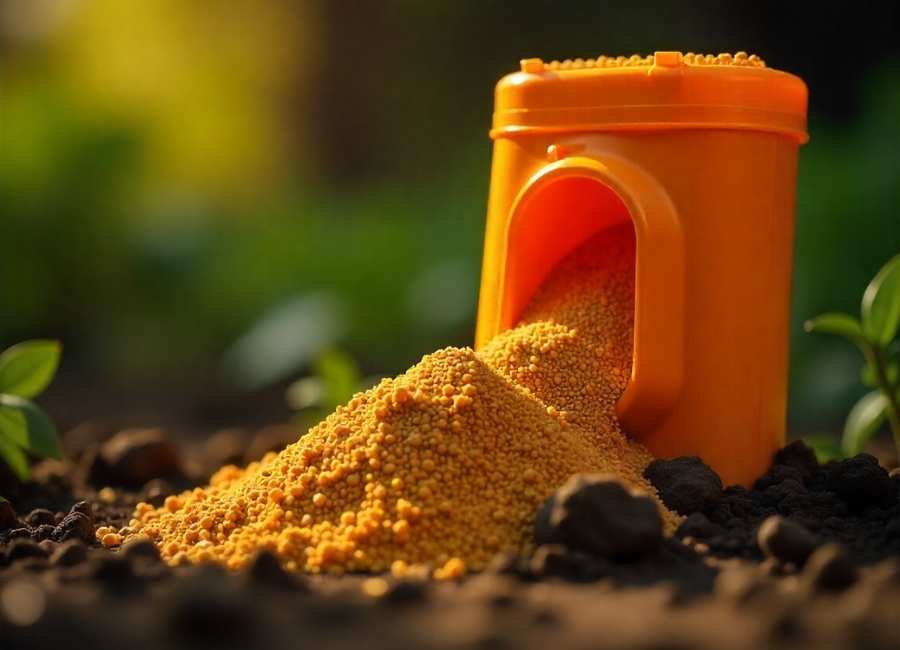
To maximize the usability of your fertilizer, follow these best practices for storage:
- Use Airtight Containers: Transfer granular or powdered fertilizers into airtight bins to protect against humidity.
- Label and Date: Write down the date of purchase on the container so you can track how long it’s been stored.
- Keep Away From Pets and Children: Fertilizer is often toxic if ingested. Always store it in a secure location.
What Happens If You Use Old Fertilizer?
Using old fertilizer that has been stored improperly can lead to uneven application, reduced plant growth, or even damage to your soil’s nutrient balance. Worse, liquid fertilizers that have gone bad may introduce harmful bacteria or fungi to your plants.
If you’re unsure about your fertilizer’s quality, it’s safer to dispose of it responsibly and replace it. Unusable fertilizer should never be thrown out with regular trash; contact your local municipal waste service for proper disposal methods.
When in Doubt, Test It Out
If you suspect your fertilizer might still work but aren’t entirely sure, consider conducting a small test. Pick a patch of lawn or a single pot to apply the fertilizer as directed. Monitor the results over a week or two to observe how the plants respond.
Final Thoughts: Keep Your Garden Thriving
Fertilizer might not have an official expiration date, but its quality does depend on how well it’s stored and how long it’s been sitting around. Whether you’re a home gardener, a lawn enthusiast, or a student studying agriculture, maintaining effective fertilizer is key to nurturing vibrant plants and sustaining soil health.
Taking care of your fertilizer is as important as taking care of your garden tools. A little effort in storage and monitoring can go a long way in ensuring your plants get the nutrients they need for years to come.
Have questions about specific fertilizers or gardening techniques? Drop us a comment below or reach out at [Your Website]. Happy gardening!







